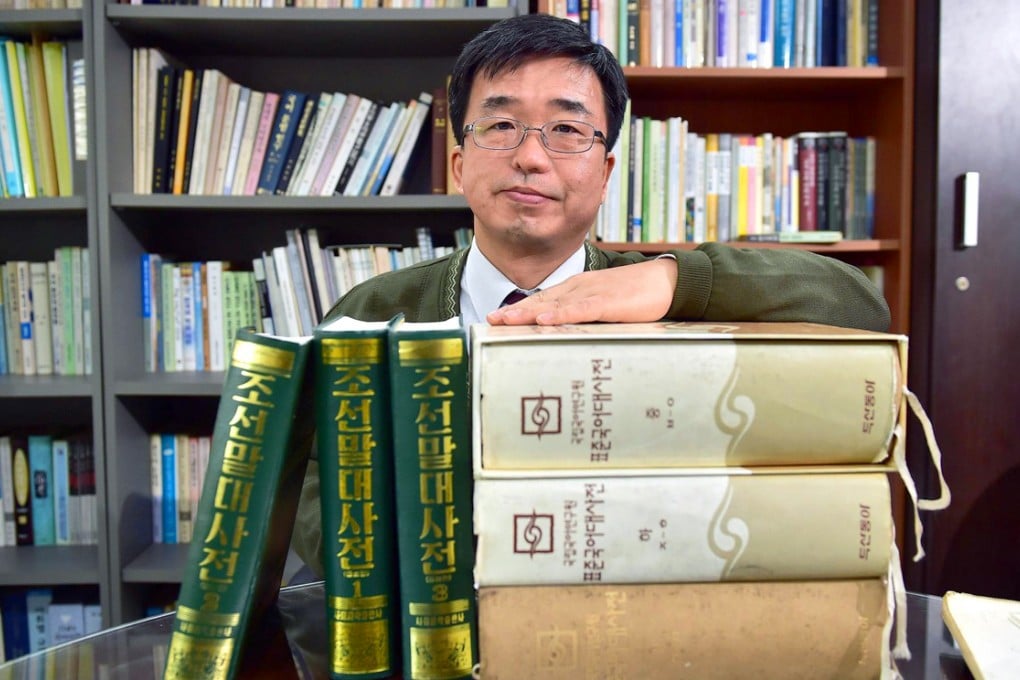Academics try to get North and South Korea to speak same language
When one word has come to mean both 'lady' and 'feudal slave', the task facing academics in compiling a unified dictionary seems daunting

North and South Korea have never found dialogue easy, but academics from both sides now meeting in Pyongyang are trying to steer things in the right direction by at least getting them to speak the same language.
A 25-year effort to produce a unified Korean-language dictionary is, its compilers say, entering the home stretch in its bid to bridge a growing gap in vocabulary, if not ideology.
Last week, a group of South Korean linguists and lexicographers involved in the dictionary project left for their first meeting in North Korea for five years.
"It's important work," said chief editor Han Young-un, who believes a growing divergence in Korean usage risks becoming as big a barrier to eventual North-South unification as the heavily militarised border dividing the peninsula.
Han said the problem was especially pronounced in the language used by professionals like doctors and lawyers. "It's so marked that architects from each side would probably have difficulty building a house together," he added.
After the 1910-1945 Japanese occupation of Korea - during which Korean was banned in schools and government - both sides of the newly divided peninsula put a priority on the language and literacy.